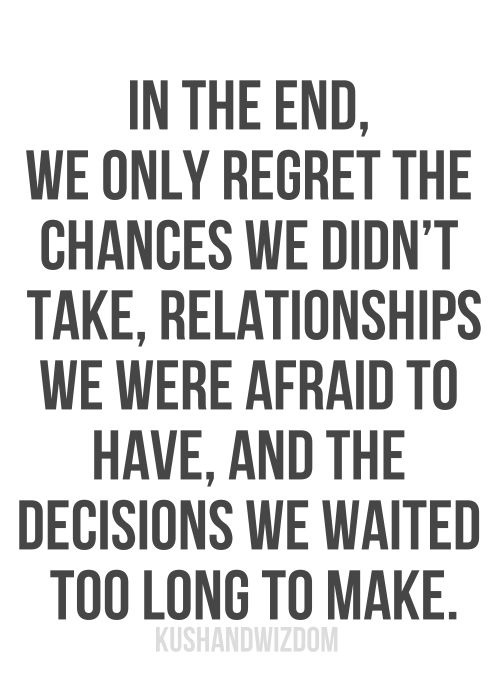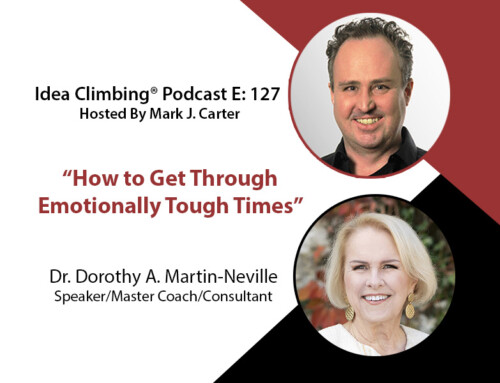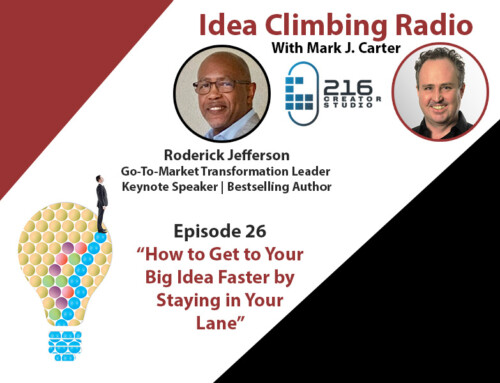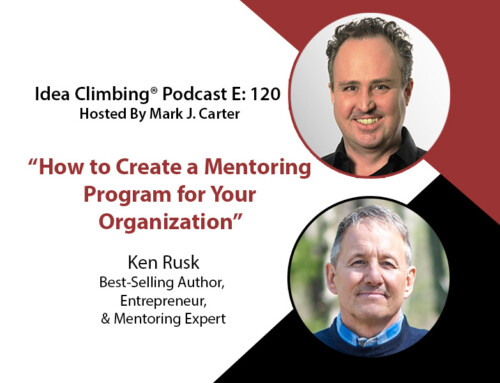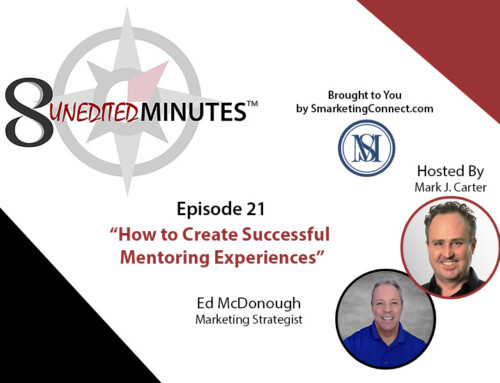Think about someone who changed the arc of your professional career with advice – why was it such great advice?
Think about someone who TRIED to help you but their advice fell flat. What happened there?
In both cases two people took a risk (with their time). In one case it worked out great; in the other notsomuch.
SO…
WHY IS MENTORING RISKY?
Mentoring is a mission – not a transaction. It’s doing something bigger than yourself. Let’s be sure to start with that understanding.
Mentoring is an ambiguous term to begin with (much like “networking”; to some networking is collecting 20 cards at every event and playing the numbers to make a sale while to others networking is finding one great connection at each event for brainstorming, referrals and such).
Both ambiguities come down to the (perceived) ROI. What’s the ROI for the mentor? What’s the ROI for the mentee? How does each person know when and if they’ve invested their time wisely?
Sometimes you don’t get an ROI. Sometimes both sides don’t get answers to all their questions. It’s up to each person to make the most of the mentoring relationship.
So how can you “mitigate your risk” when it comes to mentoring?
JUST DO THIS. AT EACH MENTORING SESSION.
Mentoring isn’t a business transaction so mitigating risk might be a strong term. Simply put you need to make the most of your valuable time; it’s one of your only assets that is finite and that every single person alive has the same amount of in their day.
SO…
Rather than having somewhat random conversations or hoping to glean that one gold piece of advice during a conversation make sure that as a:
MENTEE: You know EXACTLY what you want to get from a mentoring conversation. Think about it beforehand, write it out and email your mentor with questions and/or topics BEFORE the conversation. Respect their time.
MENTOR: You know EXACTLY what the mentee wants to get from a mentoring conversation. You need to know if 1) you can provide the advice or information OR 2) you know someone that can. Make the most of your time together. If they don’t tell you this ask them before you talk.
Then during every conversation us this checklist – be sure that you are asking for (as a mentee) or providing (as a mentor):
- Advice
- Support
- Connections
To help
- Solve problems and/or
- Create opportunities
This will help take the ambiguity and randomness out of most of your conversations and you’ll both get more value from the mentoring relationship.
Who can YOU reach out to TODAY?
